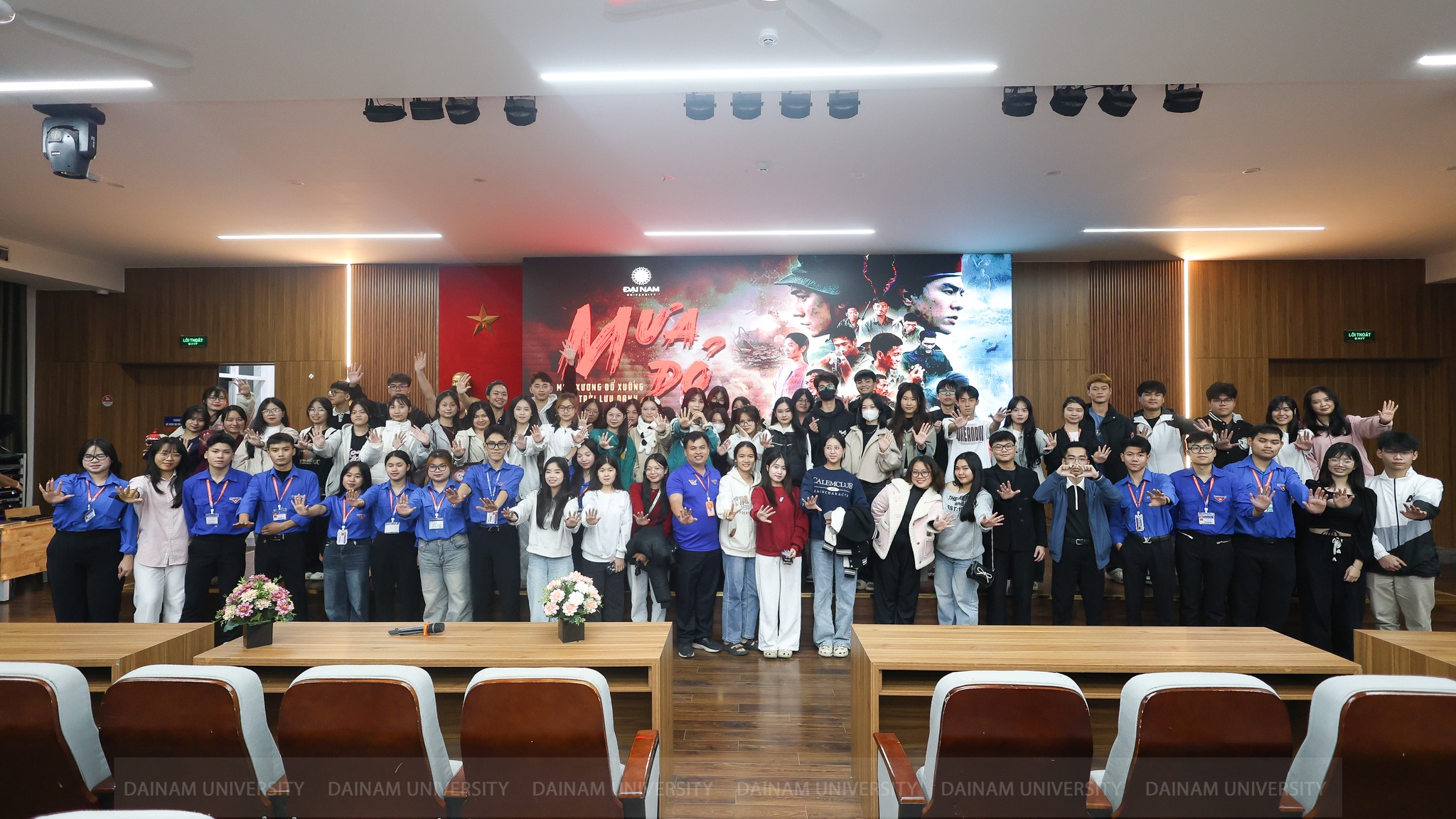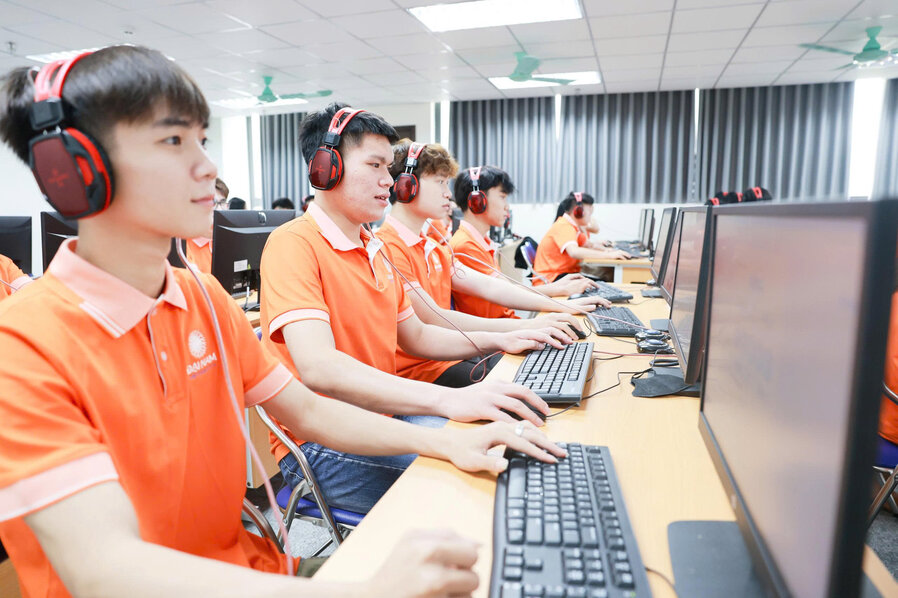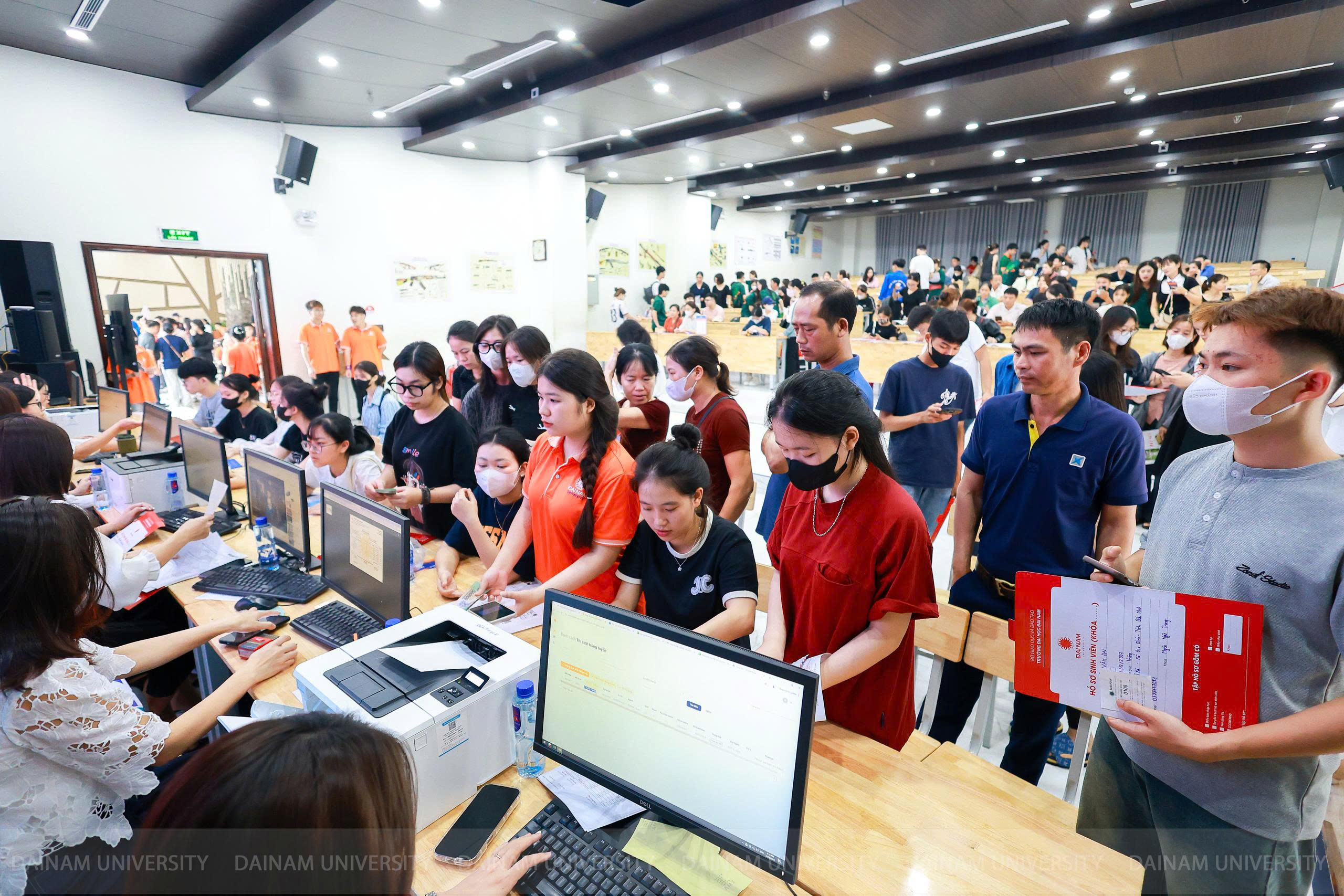National standards for higher education institutions will be issued.

The Ministry of Education and Training has just announced the draft Circular promulgating the Regulation on National Standards for Higher Education Institutions to solicit comments before its official promulgation. This will be the basis for higher education institutions to strive to be recognized as meeting national standards as required by the Law on Higher Education.
Part 1: National standards for higher education institutions (10 standards related to the activities of a higher education institution and conditions for quality assurance including: Mission and objectives; Organization and management; Facilities and equipment; Teaching staff and researchers; Training activities; Science and technology activities; Financial autonomy; Education quality assessment results; Ranking results; Student and employer satisfaction).

A higher education institution that wants to be recognized as a national standard higher education institution must meet all criteria. Higher education institutions not only strive to have conditions that ensure quality such as facilities and teaching staff, but also need to pay attention to high results in all aspects of operation and consider the criteria for objective assessment from learners and employers. A higher education institution that is recognized as meeting national standards will affirm its position and brand in the system of higher education institutions in Vietnam, aiming to integrate with higher education institutions of countries in the region and in the world.
Part 2: The draft process for assessing and recognizing national standard higher education institutions proposes two options. One is that an assessment organization is assigned the task of recognizing national standards; Two is that the Ministry of Education and Training recognizes national standard higher education institutions based on the assessment results of an assigned organization.
Regarding the standards that the draft proposes, it is worth paying attention to facilities and equipment; Teaching staff and researchers. Specifically, the minimum land area requirement is 25 m2/student; The average minimum construction area is 9 m²/student, of which the area for studying is at least 6 m²/student.
Construction works must comply with current TCVN design standards suitable for each field, training profession and the school's scale development plan, including: halls, lecture halls, classrooms; libraries, practice workshops, laboratories - practice, simulation classrooms; offices for professors, associate professors; offices for lecturers and administrative staff; dormitories, facilities serving entertainment, sports, cultural activities, medical stations, service centers serving the needs of staff, lecturers and students.
The information technology infrastructure system connects all units of the university. The library and information resource center have enough textbooks and reference materials necessary for the training majors; each major/specialization for master's and doctoral training has at least 03 international scientific journals for reference; there is an electronic library and copyright to access at least one international database.
Regarding the team of lecturers and researchers: Full-time lecturers are required to teach at least 75% of the training program's knowledge; the rest is undertaken by prestigious guest lecturers with professional qualifications, academic titles and degrees, and individuals with practical experience.
The student/full-time lecturer ratio ensures a maximum of 8 students/lecturer for the art and sports majors; 10 students/lecturer for the medicine and pharmacy majors and 20 students/lecturer for other majors; The proportion of lecturers and researchers with doctoral degrees accounts for at least 25% of the total number of lecturers and researchers of the applied-oriented university and 50% for the research-oriented university.
The ratio of lecturers and researchers with the title of professor and associate professor to the total number of lecturers and researchers with doctoral degrees must account for at least 10% for application-oriented universities and 20% for research-oriented universities.
The circular is a necessity.
The Ministry of Education and Training said that the requirement to develop National Standards for higher education institutions is one of the tasks and contents of state management of higher education that have been specifically stipulated in the Law on Higher Education, specifically: Clause 3, Article 52 on Organization of educational quality assessment stipulates: The Minister of Education and Training promulgates national standards for higher education institutions;
Clause 4, Article 68 on State management of higher education includes: Management of quality assurance of higher education; regulations on standards for assessing the quality of higher education, national standards for higher education institutions, standards for training programs at higher education levels and minimum requirements for training programs to be implemented, processes and cycles of education quality assessment, state management of higher education quality assessment.
For higher education, the system of standards/regulations that have been developed and issued includes: Regulations on conditions for establishing schools; Regulations on conditions for opening majors; University charters; Regulations/regulations on enrollment and training organization; Standards for assessing the quality of education for higher education institutions; standards for assessing the quality of training programs... Currently, the Ministry of Education and Training is developing a National Qualifications Framework, regulating the requirements for learners' capacity for each level of higher education, the minimum amount of knowledge for each level to serve as a basis for schools to develop training programs. In the coming time, it is expected that standards will have to be developed for training programs according to the provisions of the Law on Higher Education.
Thus, the system of standards for higher education has been defined relatively specifically in the Law on Higher Education and the National Standards for higher education institutions are a component of the System to help training institutions build goals to strive towards integration with countries in the region and the world in the field of higher education.
“The standards, criteria, and indicators of the National Standards for higher education institutions are researched and developed in the direction of considering the performance results and quality assurance conditions of a higher education institution to serve as a basis for higher education institutions to strive and maintain in order to enjoy the accompanying benefits in accordance with the requirements of the Law on Higher Education” - The leader of the Department of Higher Education said.
The Ministry of Education and Training added that national standards for higher education institutions only apply to universities, academies, and colleges, but not to colleges because from July 1, 2015, when the Law on Vocational Education comes into effect, colleges are no longer higher education institutions but transformed into vocational education institutions. The Law on Vocational Education does not have regulations on national standards for vocational education institutions.
Register for admission consultation 2025
scholarships and tuition support worth up to 55 billion VND

scholarships and tuition support worth up to 55 billion VND









